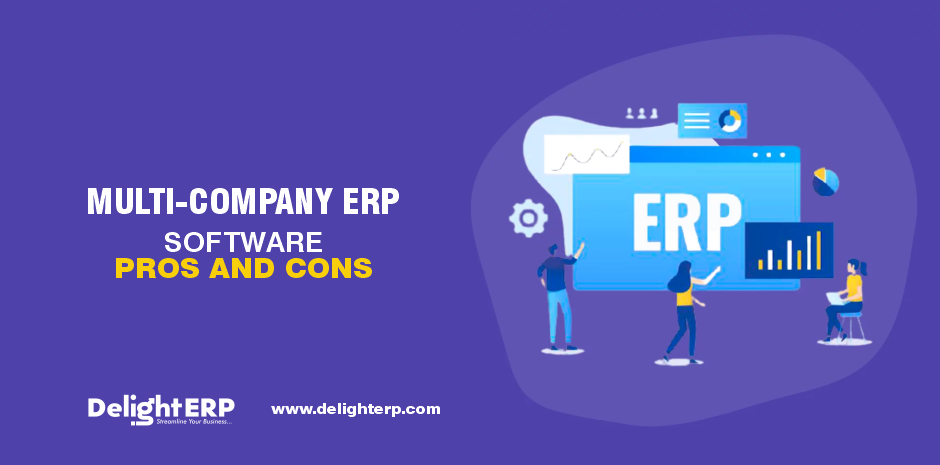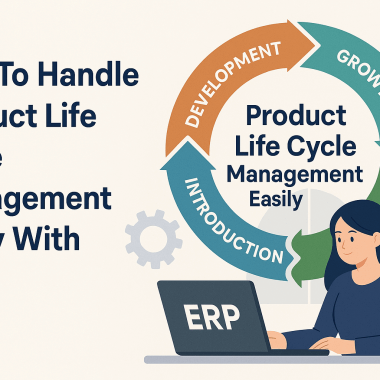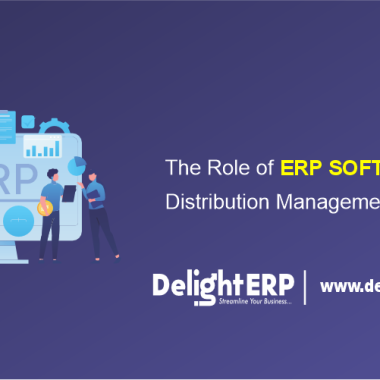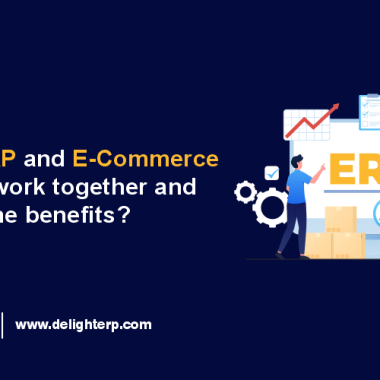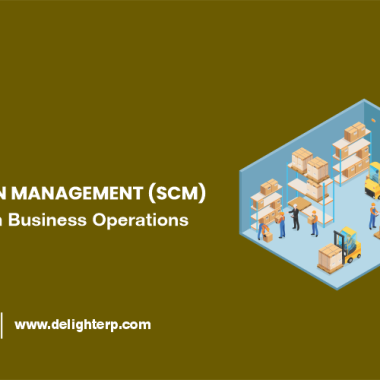Introduction
In the modern world, several companies are expanding their businesses with the help of software. Franchise businesses are constantly using multi-company ERP software.
ERP (Enterprise Resource Planning) is a technology that allows firms to easily manage their whole workflow. Businesses may easily boost their sales process and optimize their earnings by implementing ERP software into their operations, while also attracting a large number of new customers.
Companies must use innovative and strategic marketing approaches to stimulate consumers’ interest in purchasing their items. As a result, they can focus on attracting customers’ attention with the help of many new techniques devised by the organization’s professional marketing teams.
For this type of strategy, marketing or sales teams must optimize and analyze their previous sales data, and then build one of the best and unique methods to attract new clients based on the data. These strategies help organizations in increasing sales and expand their business in competitive marketplaces.
What does it mean to have a “multi-company ERP system”? Also, why did you choose the Multi-company ERP?
The Multi-Company ERP system is simply used to manage the work of multiple-pal companies under the roof of a single company, whether it is situated in the same location or not.
Companies that are located and manage their entire work process from a single location benefit from ERP software’s single platform. Multi-Company software, on the other hand, is divided into a multi-pal platform that assists the company’s administrator in keeping track of all of their sectors with software.
For example, if Company AB has three Frenchies in India, the company’s owner can watch all of the company’s working and selling procedures from a single location. They don’t need to log into several accounts to keep track of all three Frenchies.
There are a few essential reasons that will help you understand why the Multi-company ERP was chosen by the business’s owners.
Various budget needs by department
Any business must have a budget to profit after rising sales. The Multi-company ERP system makes it simple for business owners to keep track of their budgets throughout their departments.
They can manage and monitor the budgets of various locations with a single piece of software. Furthermore, every software is linked to each other, which is why a multi-company ERP system was chosen to manage the task.
Business processes that varies based on the department or location
The most prevalent reason for choosing a multi-company enterprise resource planning system is for this reason. Because it is getting time-consuming to use different software to monitor the same task that is being done at multiple locations. As a result, multi-company systems have been offered to the market to save time and reduce work.
Monitoring the different work of the same firm
There are now several multi-plant enterprises on the market. The owner needs a system that allows them to easily observe the task or manufacturing process while monitoring the operation of numerous platforms. That is why the multi-company system was chosen.
The sectors are located in various locations, but the software that they utilize is accessible through the cloud system. As a result, all of the sector’s systems are linked to one another. As a result, company executives can quickly monitor several tasks while logging into a single account or system.
As a result, these various resources help or encourage businesses to install multi-company ERP software in their businesses.
You may like to read about, How ERP Can Reduce The Waste In Manufacturing
Pros of Multi-company ERP software
There are several pros of Multi-company ERP Software.
Help to solve the multiple challenges
When organizations expand their market around the world, they are prepared to meet a variety of new challenges. Changes in production maintenance, employee attendance, worker dedication, and material delivery on schedule, among other things. Because using a simple ERP system is becoming increasingly challenging, businesses are turning to multi-company ERP systems for expertise.
When businesses can handle their regular changes smoothly, they can gain a competitive advantage in the market.
Enhance productivity
The most reputable businesses are well-known for providing excellent customer service to their customers. Companies must deliver products before the deadline to gain consumer trust. As a result, companies are looking to various types of software for assistance. Through Enterprise Resource Planning, businesses may keep track of their ongoing production and manage the process of completing tasks on time.
Multi-company ERP software helps the business owner in determining which industries are distributed across different locations. They can simply boost their productivity by supervising and monitoring the entire production process regularly.
Management Advantages
The administrator receives a variety of management benefits after implementing Multi-Company ERP into their businesses, allowing them to effectively administer their corporation.
While using the Multi-Company ERP software, different sectors of the business can quickly spread information to one another, increase and manage their productivity, easily control their information, and many other ways in which the companies get management advantages.
Management takes matters easy and helps the manufacturing department in meeting the deadlines.
Concentrate on Organizational Needs
Leading or multi-plant organizations are unable to fulfill and achieve their objectives when utilizing a single ERP software. As a result, multi-company ERP is being used by businesses to achieve their specific goals.
Large plant enterprises might be established with a grand goal in mind, one that they must achieve to achieve success and increase revenues. They require technology that relieves administrators of their administrative work while also assisting them in increasing their productivity. And ‘Multi-Company ERP‘ is one of the greatest solutions for large or multi-location firms to achieve their goals.
Also Read: What Are Process Manufacturing Challenges Will ERP Software Solve?
Cons of Multi-company ERP software
Every coin has two sides, and every technology has several advantages and disadvantages. The following are some cons of utilizing multi-company ERP software.
Costly
Companies must invest money to set up the software, train their employees to operate the system, maintain the program, and so on while implementing the system. All of this requires funds, and maintaining a multi-company ERP system has a high-cost ratio.
This is one of the drawbacks of incorporating a multi-company system into an organization. On the other hand, the organization makes more money than when it spent the money on keeping the system or technology up to date.
Enable centralized controls
Because the data is stored in a multi-pal location, it is not limited to a single location. As a result, the data of the organizations are not stored in a single area and may be viewed by different people separately. That is why, in a multi-company ERP, they want special security to manage and protect their data.
As a result, utilizing a multi-company ERP system causes harm to businesses. Companies, on the other hand, can protect their data and keep their customers’ trust with the help of security.
Duplicate data
The businesses are spread around, and there are numerous options, such as the same customers visiting different locations and buying the same things. As a result, the customer is approached by the same businesses from various teams and places. Additionally, the memory was overflowing with the same data as the customers.
Several opportunities for different team members of the organization to enter duplicate data into the ERP database from a single location. However, developers are now working on a technology that compresses the same data and saves database space.
Complexity in the upgradations
Companies may easily upgrade single ERP systems, and maintenance costs are lower. However, maintaining and upgrading multi-company ERP software requires both time and cost.
After upgrading the system, companies may need to employ the assistance of IT professionals to update software that is spread across multiple locations. So, in the end, upgrading multi-company ERP software takes time and is a little expensive. However, the update is required to take full advantage of the system’s new features, which allow businesses to increase their earnings more efficiently.
Recommended for you: Product Costing And Pricing Made Better With ERP
Conclusion
Every technology or software has its own set of pros and cons. However, maintaining the organization’s burden requires the use of the system. Businesses must decide whether to use a single ERP system or a multi-company ERP system. Implementing the system is not only required, but it also assists you in achieving your goals and increasing your revenue. So, before choosing a system, businesses must be clear about their objectives and what they expect to achieve. Then, the system should be implemented.

